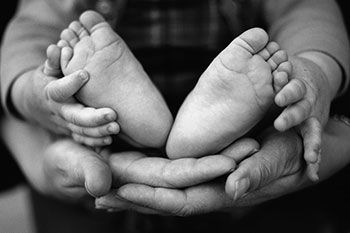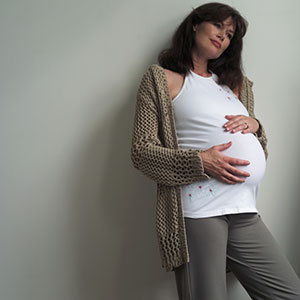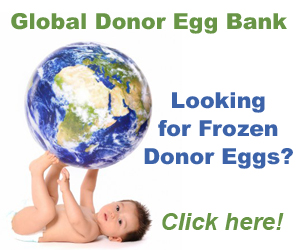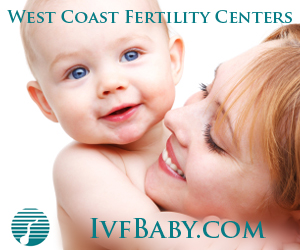Approximately 140,000 Americans under the age of 45 are diagnosed with cancer. Cancer survival rates are higher than they have ever been and patients under the age of 45 now have a 77% survival rate. Simultaneously, there are more fertility preservation options than ever before. So, while cancer treatments can be permanently sterilizing, the reproductive community is providing great hope for parenthood after cancer.
For Men
Cancer itself may be correlated with low sperm counts, as has been demonstrated in men with Hodgkin lymphoma and testicular cancer. The primary threat for male patients, however, is compromised sperm production, quality, motility and DNA damage caused by exposure to chemotherapy and/or radiation.
Because reproductive damage is generally caused by cancer treatment, patient with almost any type of cancer may be at risk. Factors determining the likelihood of reproductive damage include: drug type and dosage, radiation location and dosage, patient’s pubertal status at time of treatment and patient’s pre-treatment fertility. Surgery to reproductive organs such as the testes affect fertility and pelvic surgery can cause nerve damage that may interfere with ejaculation.

For Women
While cancer itself does not appear to affect fertility in women, cancer treatments pose a variety of reproductive risks including immediate infertility, premature menopause and compromised ability to carry a pregnancy due to uterine or cervical damage. Factors determining the likelihood of reproductive damage include: drug type and dosage, radiation location and dosage, patient’s age and pubertal status at the time of treatment and pre-treatment fertility.
Chemotherapy and radiation can damage or destroy oocytes (eggs) and follicles, which can cause either immediate menopause or premature menopause years after treatment. Surgery to remove reproductive organs such as the ovaries, fallopian tubes, uterus and/or cervix will impair the ability to become pregnant and/or carry a baby. Radiation can damage the uterus and increase the risk of miscarriage or low birth-weight. (Excerpt taken from Fertile Hope on Cancer & Fertility)

Egg Freezing Solution Offered at West Coast Fertility
Using our patent-pending LANDA Technology, we have thawed hundreds of frozen eggs making it possible for women to achieve their dream of having a baby of their own. Egg freezing at West Coast Fertility Center has resulted in the Birth of 62 Healthy Babies with many on-going pregnancies from frozen eggs as of July 2011.
The Experience of the IVF Center performing the egg freezing is critical to success. While egg freezing is a delicate and highly specialized assisted reproductive technology (ART), the handling and thawing of frozen eggs are even more critical. Since the human egg is the largest cell in the body and is composed mostly of water, the formation of ice crystals during the freezing process can disrupt the egg’s internal microscopic contents and its outer membrane.
Microscopic studies of the eggs before freezing and after thawing have been performed by Dr. David Diaz and his team of scientists. This led to the development of the LANDA freezing technique which perfects the method of egg freezing and thawing without damaging the egg.





